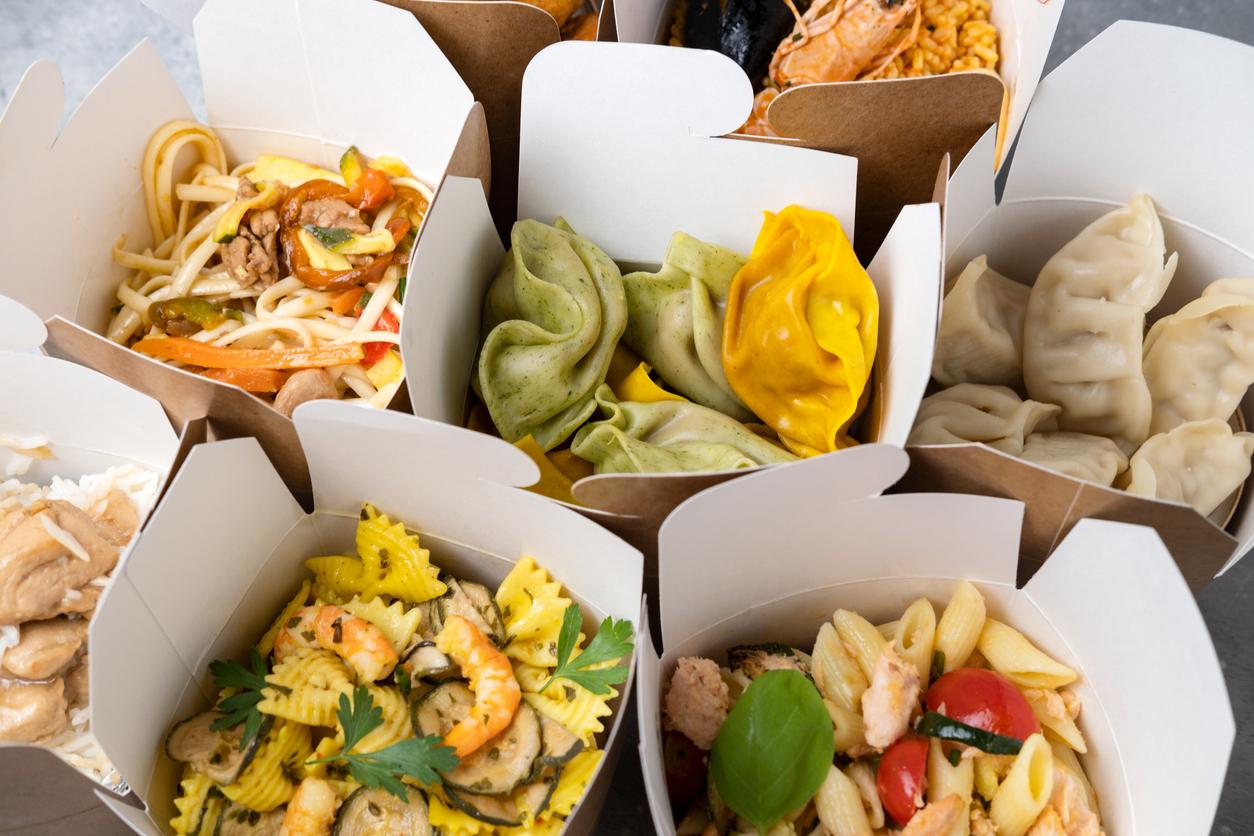A new study from the University of Bristol challenges the idea that ultra-processed foods are tastier than others.

- New research found that participants did not consider ultra-processed foods to be more palatable than other products.
- Carbohydrates (including sugars) and fats provide most of the calories in the human diet.
- Humans are programmed to prefer foods that promote calories rather than satiety.
It is often highlighted that ultra-processed foods, high in calories and carbohydrates, are preferred over other foods. This hypothesis having never been tested, researchers at the University of Bristol decided to verify it. The results of their work were presented in the scientific journal Appetite.
Ultra-processed foods are not the most popular
As part of the experiment, 224 participants were recruited to evaluate different foods in terms of taste, desire to consume them, perception of their sweetness or their salt level. The evaluation list contained very different products, ranging from avocado and grapes to olives, muffins, bread, sausages and ice cream.
The results surprised the scientists, since they showed that, on average, ultra-processed foods were not more appreciated or desired than those that were not or minimally processed. However, researchers found that foods that combined more equal amounts (in calories) of carbohydrates and fats, were generally more liked and desired than foods containing the same number of calories, mainly in the form of carbohydrates or fats.
Furthermore, foods containing higher amounts of fiber were less appealing to the volunteers. The one with a more intense taste (mainly related to the level of sweetness and salinity) was more appreciated and desired.
Professor Peter Rogers of the School of Psychological Science at the University of Bristol and lead author of the study explained in a communicated : “Our results put back questions the assumption that ultra-processed foods are “hyperpalatable” [se dit d’un aliment très savoureux et gratifiant à la consommation, NDLR]and it seems odd that this hasn’t been directly tested before.”
Food : calories favored for satiety
If the fact that the foods were ultra-processed did not reliably predict the desirability of the product, the ratio of carbohydrates to fats, the dietary fiber content and the intensity of the taste did. “In fact, together, these three characteristics accounted for more than half of the taste variability between the foods we tested”adds the expert.
“Our suggestion is that humans are programmed to learn to like foods containing more carbohydrates and fats, and lower amounts of fiber, because these foods are less filling per calorie. In other words, we value calories over satiety.”specifies the researcher. “In turn, this feature helps us has maximize our caloric intake and build up fat stores when food is plentiful – which is adaptive in circumstances where food supplies are uncertain or fluctuate seasonally, but not when food is continually available beyond our needs immediate.“
Thus, this research highlights the complexity of food choices and the influence of several factors on our preferences, going beyond simple food processing.
















